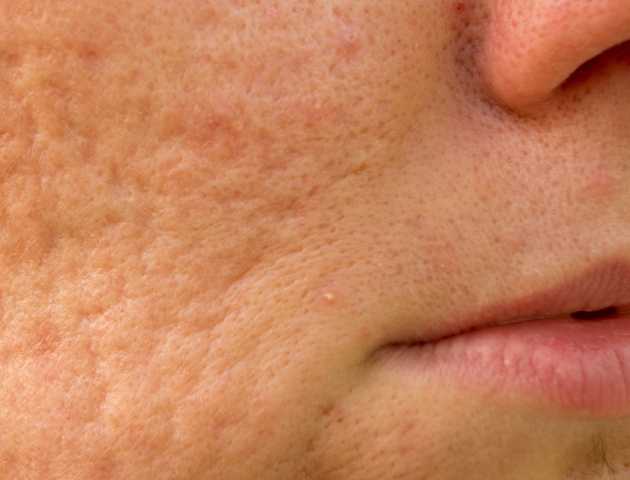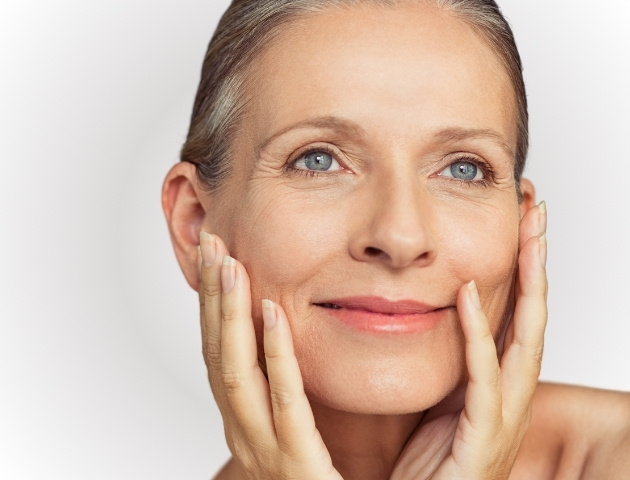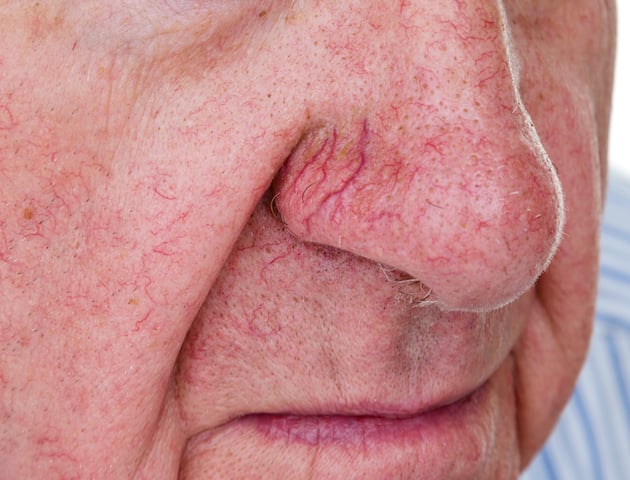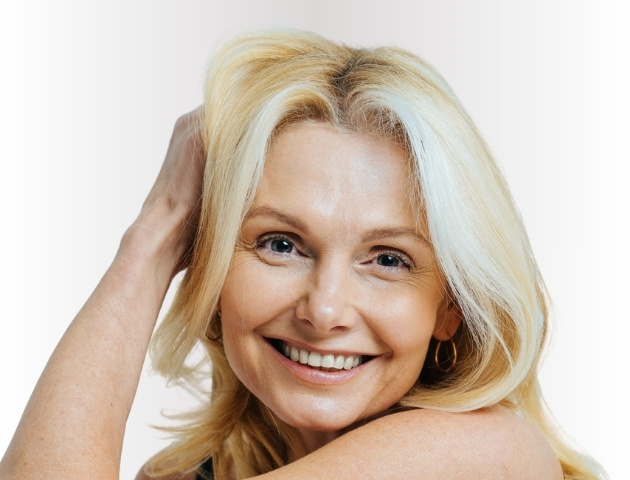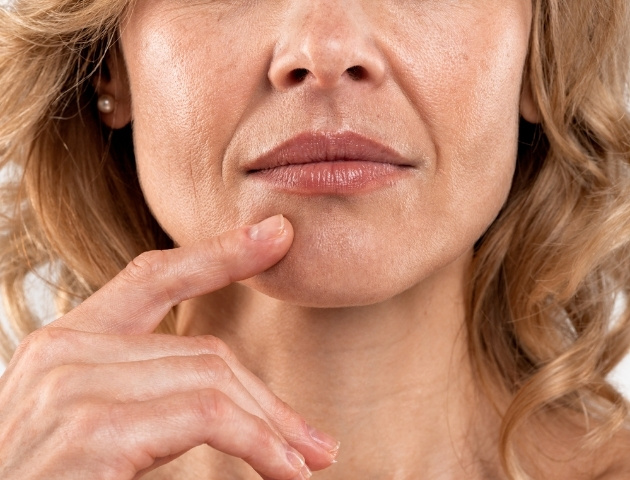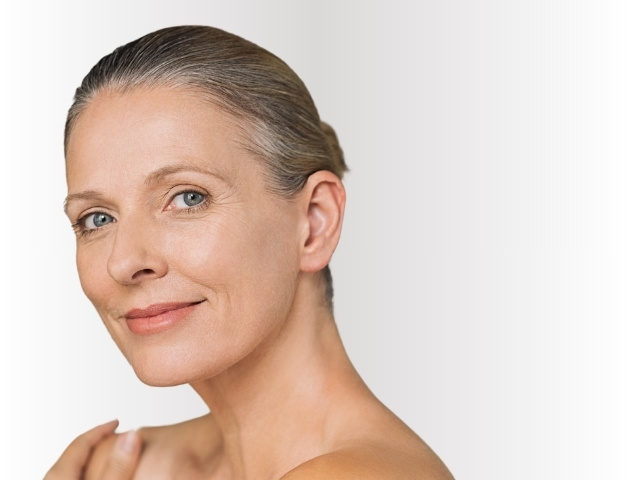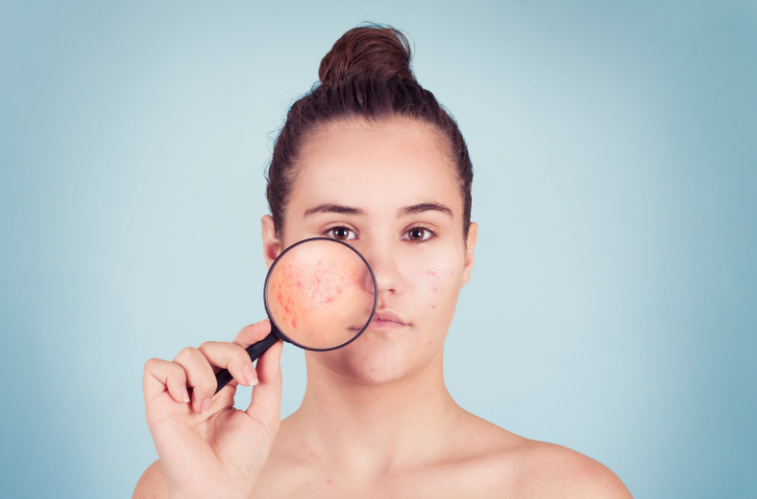Skin cancer & cosmetic clinics in Sydney & around New South Wales
Melanoma diagnoses in New South Wales reach up to 124% above the national average. Our skin cancer clinics in Kogarah, Gymea, Terrigal, Byron Bay, and Albury can assist you with skin cancer checks, melanoma screening, total body photography*, surgical and non-surgical skin cancer treatments, wound and scar management, cosmetic rejuvenation* and more.
*Services available in select locations.
Skin cancer services
-
skin cancer checks
-
total body photography*
-
skin cancer treatments
-
mole removal & more
Cosmetic services
-
muscle relaxants
-
skin therapies
-
laser & pigmentation
-
acne management & more
Our skin cancer clinic in Sydney & around New South Wales
Gardens Skin Cancer Centre
Address
Level 2, "The Gardens"
470 Wodonga Place
Albury, NSW 2640
Phone
02 6067 2039
Opening Hours
Monday to Friday: 9.00am - 5.30pm
Phone lines open: 9.00am - 5.00pm
Gymea Skin Cancer Centre (formerly Prof John Pyne & Assoc Skin Cancer Centre)
Address
367 President Avenue
Gymea, NSW 2227
Phone
02 8539 7937
Opening Hours
Mon - Thu: 9.00am - 1.00pm | 2.00pm - 6.00pm
Fri: 9.00am - 5.00pm
Confocal Imaging: Every 2nd Thu (AM)
Plastic Surgeon: Every Thu 9.00am - 5.00pm
Skin Integrity Skin Cancer & Cosmetic Clinic
Address
4/9 Church Street
Terrigal, NSW 2260
Phone
02 4384 6191
Opening Hours
Monday to Friday: 8.30am - 4.30pm
Saturday: 8:00am - 1:00pm
St George Skin Cancer Centre
Address
Suite 9, Town Square Arcade (Building 5)
7-9 Belgrave Street
Kogarah, NSW 2217
Phone
02 9587 6033
Opening Hours
Mon: 8.00am - 4.30pm
Tue & Thur: 9.00am - 4.00pm
Wed: 8.00am - 5.00pm
Fri: 9.00am - 4.00pm
Open select Saturdays: call clinic to confirm
Services in our cosmetic clinics in Sydney and around New South Wales
Where our patients are from
Patients visit us from all over New South Wales, including Mullumbimby, Brunswick Heads, Bangalow, Lennox Head, Ramsgate, Beverley Park, Monterey, Carlton, Bexley, Rockdale, Brighton-le-Sands, Kirrawee, Miranda, Kareela, Gymea Bay, Yowie Bay, Ettamogah, Glenroy, Hamilton Valley, Lake Hume Village, Lavington, Splitters Creek, Springdale Heights, Table Top, Thurgoona, Wodonga, Wirlinga, North Avoca, Avoca Beach, Picketts Valley, Erina Heights, Wamberal, and surrounds. Our local doctors are accessible in one convenient location to save you time and make it easier for you to prioritise your skin health.
Frequently Asked Questions
Why are skin cancer checks important in Sydney and around NSW?
In New South Wales, melanoma diagnoses can be up to 124% higher than the national average. The best chance for successful treatment is an early diagnosis.
At least once a year, or more frequently if you have a history of skin cancer or are at high risk, you should have a trained medical practitioner examine your skin. While a regular self-examination is a great approach to monitor your skin in between skin exams, you shouldn't rely on it to find everything because skin cancer is frequently difficult to detect with the unaided eye.
At our clinics in Sydney and the surrounding areas of New South Wales, doctors with advanced training in skin cancer will thoroughly examine your skin to check for moles, freckles, lumps, or any other indications of skin cancer.
Am I at risk of skin cancer?
With more than a million skin cancer cases treated annually — more than 100 every hour — Australia is the skin cancer capital of the world. New South Wales residents may be considerably more at danger if they:
● Have had skin cancer before
● Have a family history of melanoma
● Have lots of moles
● Have fair skin or fair hair
● Have blue or green eyes
● Are aged over 40
● Work outdoors or regularly enjoy outdoor activities
● Have ever been severely sunburnt
● Have ever used a solarium (tanning bed)
● Are male
What are the types of skin cancer?
Basal cell carcinoma (BCC)
The most common form of skin cancer but the least dangerous. The disease usually occurs on the upper body, head, and neck. Symptoms include lumps or dry, scaly areas. Basal cell carcinoma can be red, pale or pearly in colour. In time, it may become ulcerated or appear like an unhealed sore.
Squamous cell carcinoma (SCC)
It is not as dangerous as melanoma, but it can spread to other parts of the body if left untreated. Over several months, it grows on sun-exposed skin. It can look like a thickened, red, scaly spot that bleeds easily, crusts or ulcerates.
Melanoma
A very dangerous form of skin cancer that claims one life every five hours in Australia. It often appears as a skin lesion that is different from the other lesions on your body, with irregular borders and multiple colours, but some melanomas are invisible or show no signs at all.
What are skin checks?
In Sydney and New South Wales, a skin cancer examination takes 15 to 30 minutes to complete. Your head, face, neck, chest, legs, feet, toes, arms, and fingers will be examined by our doctors who have received extensive training in skin cancer. You will have to undress down to your underwear, and you can have a gown or a blanket for comfort.
Any suspicious patches you see under your underwear should be reported to your doctor because skin malignancies can appear anywhere on the body. Skin malignancies can develop everywhere, but they are not frequently checked in the genital area. If you request it, the doctor will check these regions.
How often should I get my skin checked?
If you have a high risk of developing skin cancer, you might require routine follow-up skin cancer screenings in Sydney and New South Wales.
From once or twice a year to every few months, a follow-up skin check may be carried out. You will get reminders to check your skin frequently.
How can a doctor with advanced skin cancer training help me?
Our skin clinics are designed for examining, diagnosing and treating skin cancer, all in one location. About 99 per cent of skin cancers are curable if detected and treated early.
A regular skin cancer check is your best defence against complex surgeries, costly procedures, and even death. Our doctors have a wealth of experience, skills and recognised certifications in skin cancer care and utilise the latest skin cancer detection and treatment tools.

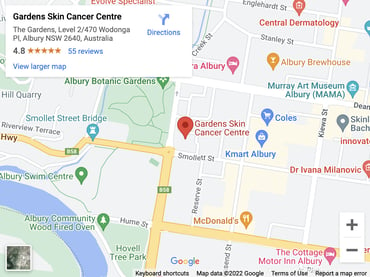
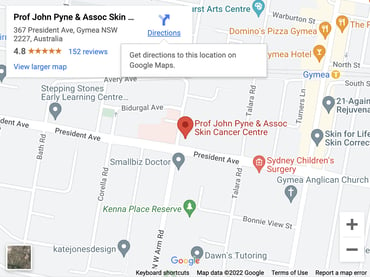
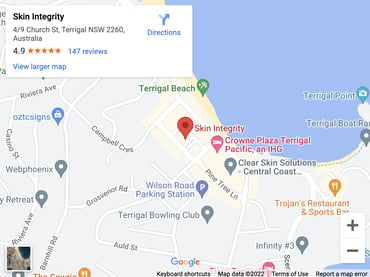
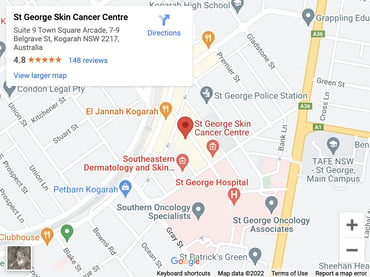
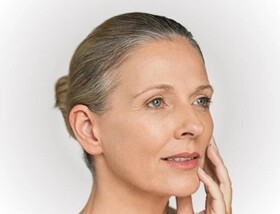
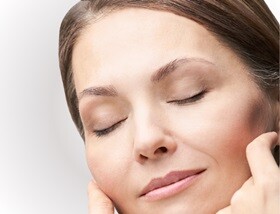
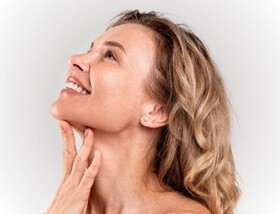
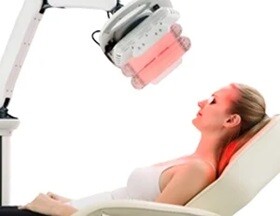
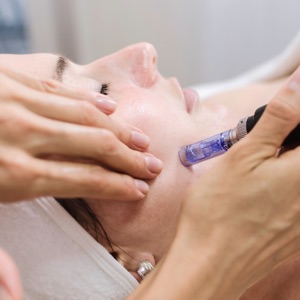
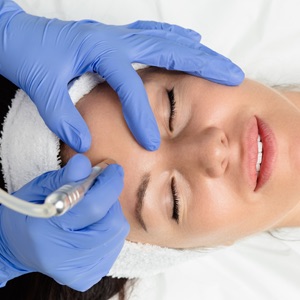
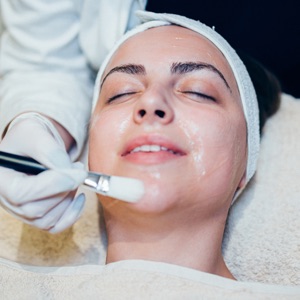
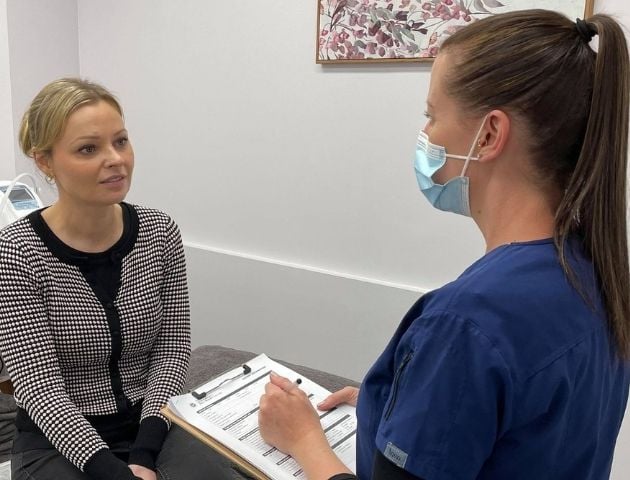
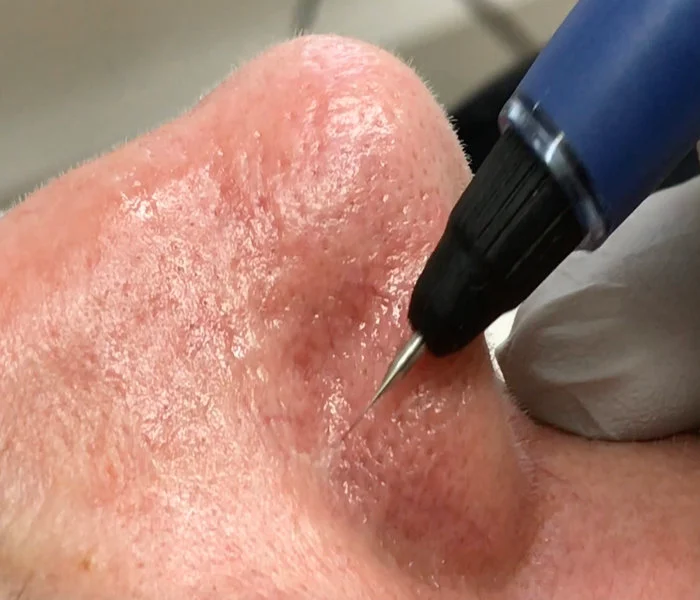
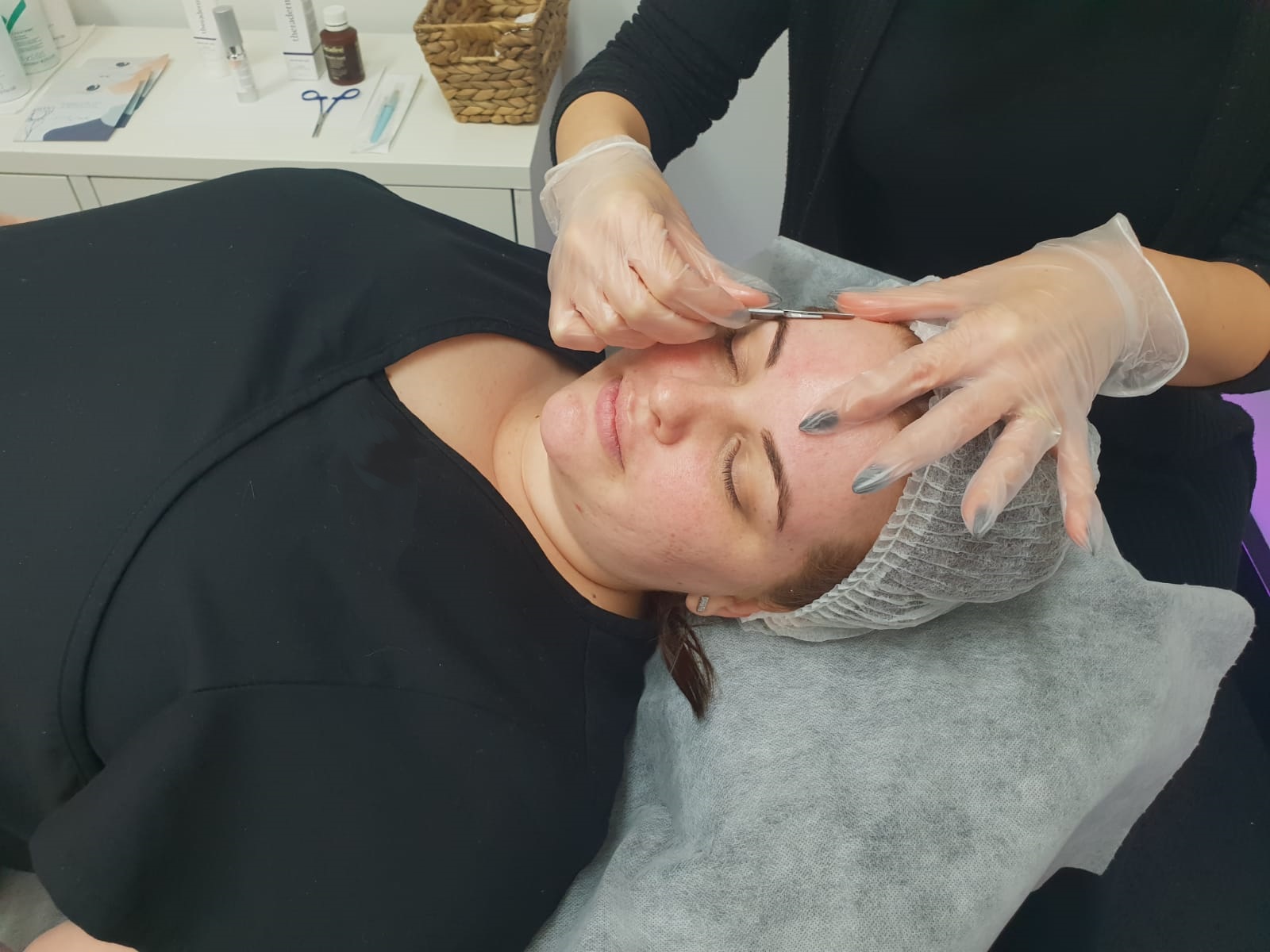
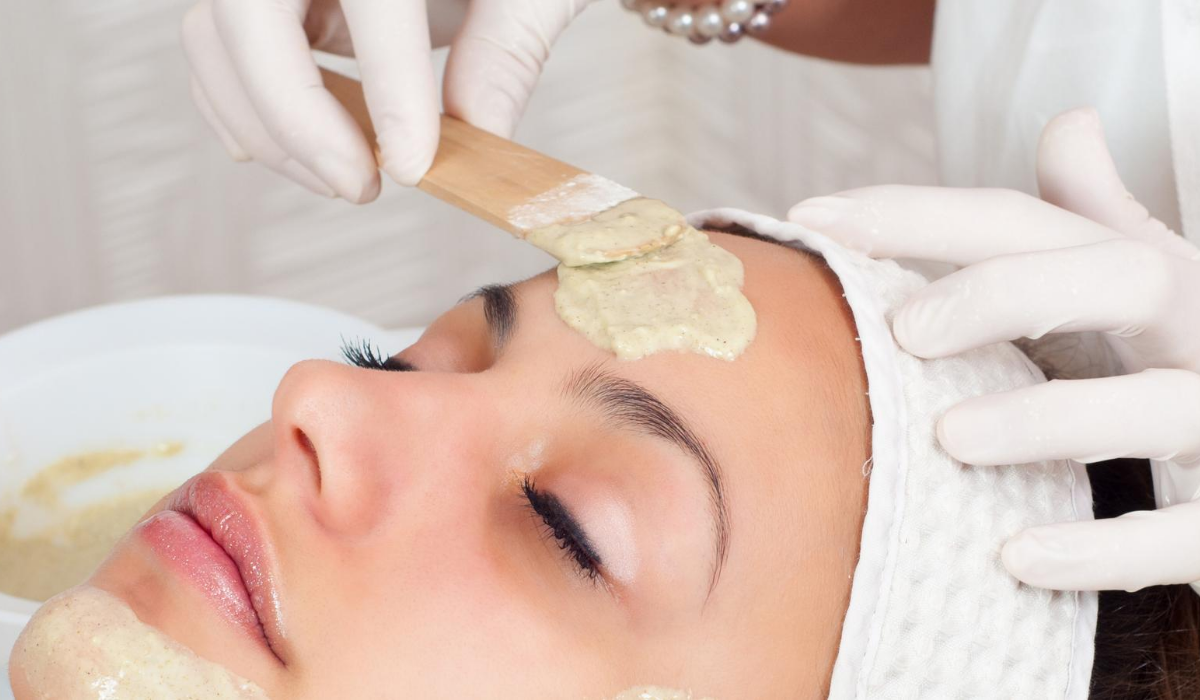
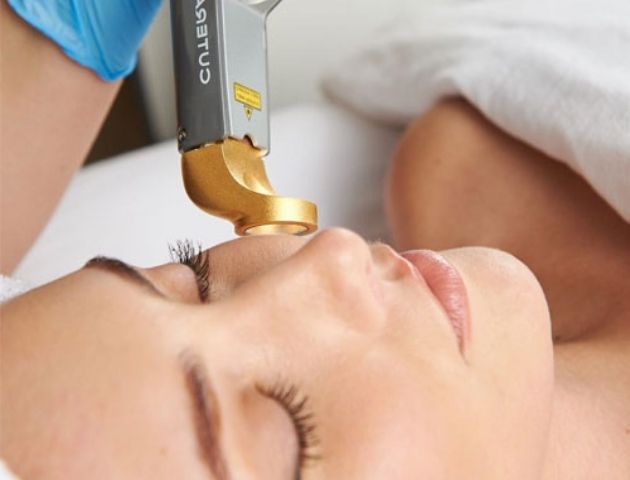
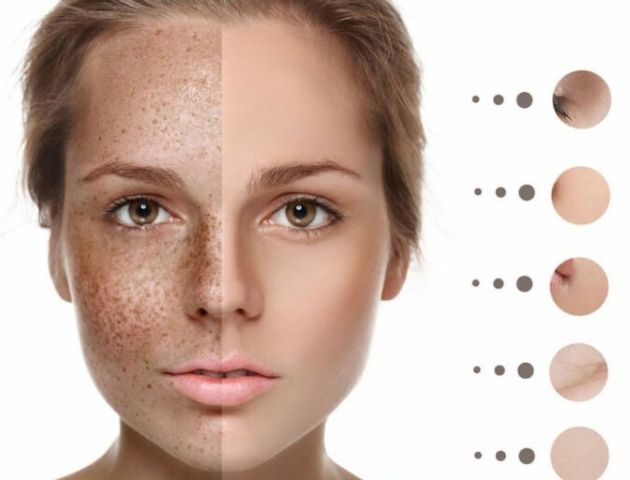
.jpg)
